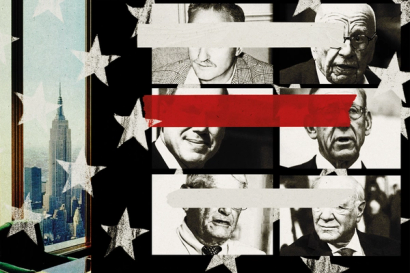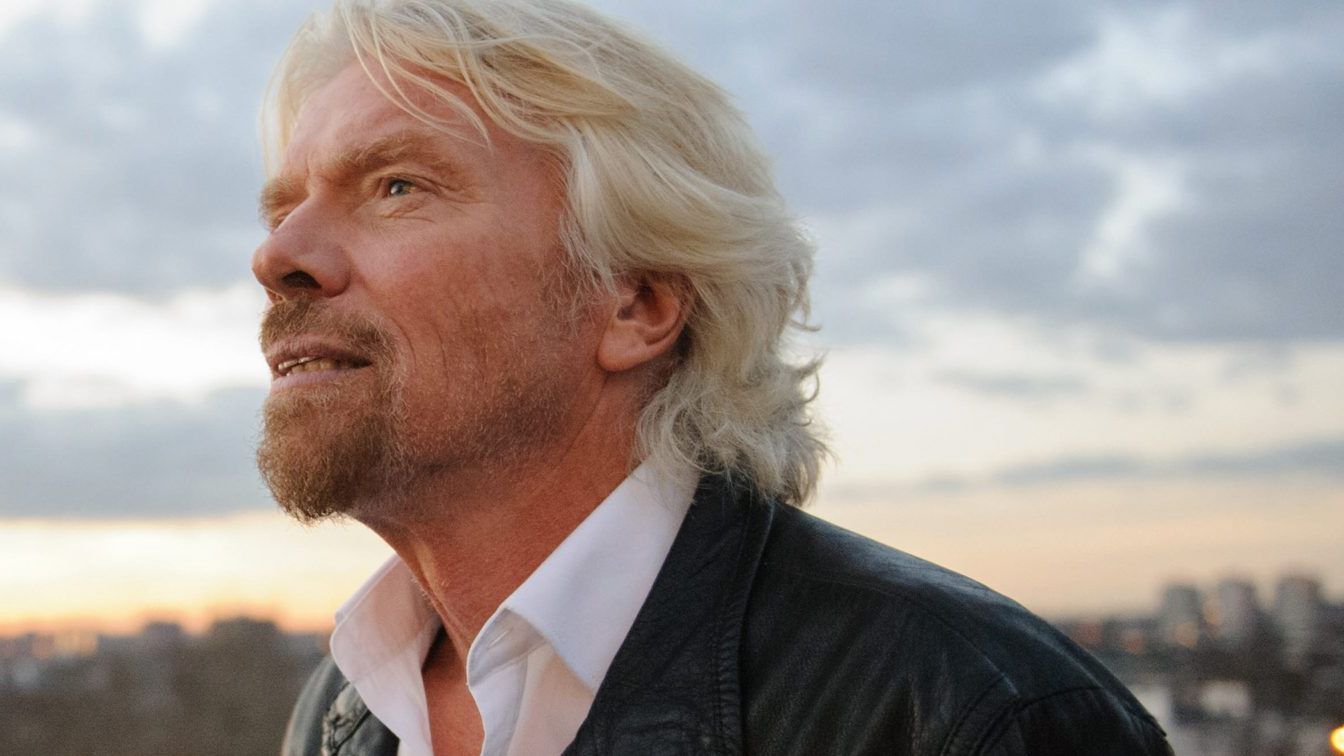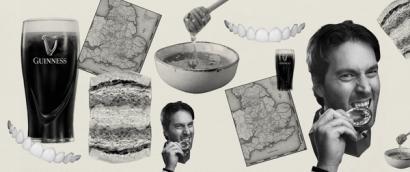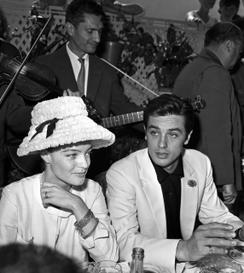

Words: Tom Ward
In 2011 the Great House, part of the $10 million Necker Island retreat owned by Richard Branson, caught fire after being hit by lightning during Tropical Storm Irene. Among the 20 guests who escaped unharmed from the fire was the actress Kate Winslet who reportedly carried Branson’s then 87-year old mother from the flames. Six years later, in September 2017, Hurricane Irma hit the island, destroying most of the infrastructure.


